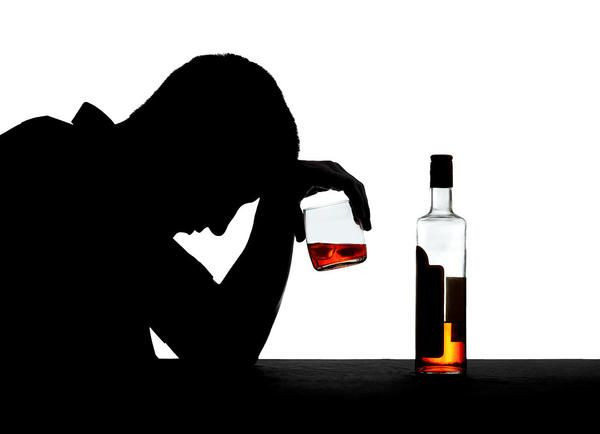Doctors May Safely Treat Alcoholism And PTSD — Together

Doctors may safely treat co-occurring alcoholism and posttraumatic stress disorder (PTSD) together with no worries of worsening either condition, a new study finds.
Despite concerns that therapy for PTSD might worsen a patient's drinking problem, researchers at the University of Pennsylvania concluded that people with both conditions benefited from simultaneous treatments, compared to people receiving treatment for other conditions co-occurring with either alcoholism or PTSD.
"What we found is that those people that got [medication] plus prolonged exposure therapy for alcohol dependence together with the treatment for PTSD did the best for maintaining their low level of drinking," lead investigator Edna Foa told Reuters.
Some 11 million adults in the United States suffer from PTSD and nearly a third of them also experience a dependence on alcohol to some degree. Many who develop PTSD following traumatic events, such as combat service or a car accident, may live with continually elevated levels of stress, for which they self-medicate with alcohol, a depressant drug.
Previous study has yielded disagreement among experts about treatment for people with both conditions.
"If you are trying to treat the alcohol addiction without any treatment of the PTSD what will happen is that they will stop drinking and the PTSD will become more severe, so what they will do is start drinking again," Foa said. "There is a vicious cycle between alcohol dependence and PTSD."
Experts have also worried that clinicians might drive patients to self-medicate with alcohol by compelling them to repeatedly revisit their traumas in exposure therapy. In the study, Foa and her colleagues followed 165 patients with both conditions, assessing whether treatment for alcoholism — with the drug naltrexone, which often reduces cravings for drink — would mix with exposure therapy.
By breaking the study group into four sets, investigators tested several possible treatment combinations, including a group that received naltrexone simultaneously with general support counseling, a less intensive form of treatment than exposure therapy. After six months of study, every one of the patients had improved, with the greatest improvement seen in those receiving naltrexone with or without the exposure therapy.
Overall, patients beginning the study had consumed alcohol on most days — 71-79 percent to be more exact. Afterward, patients drank on only one in every 10 days or so — and half as frequently among those taking naltrexone.
Moreover, the researchers found that exposure therapy helped patients no more than general counseling in lessening symptoms of anxiety. However, the researchers added one caveat: combined treatment with exposure therapy and the drug naltrexone reduced the risk of alcoholic relapsing. Those who had received basic counseling without the drug, too, experienced a significant but lower benefit, drinking slightly less than one-quarter of days.
"I'm hoping this is going to encourage the people who are treating the PTSD and alcohol dependence to do simultaneous treatment... instead of treating one after the other, which isn't so effective," Foa said.
Source: Foa EB, Yusko DA, McLean CP, et al. Concurrent Naltrexone And Prolonged Exposure Therapy For Patients With Comorbid Alcohol Dependence And PTSDA Randomized Clinical Trial. JAMA. 2013.



























